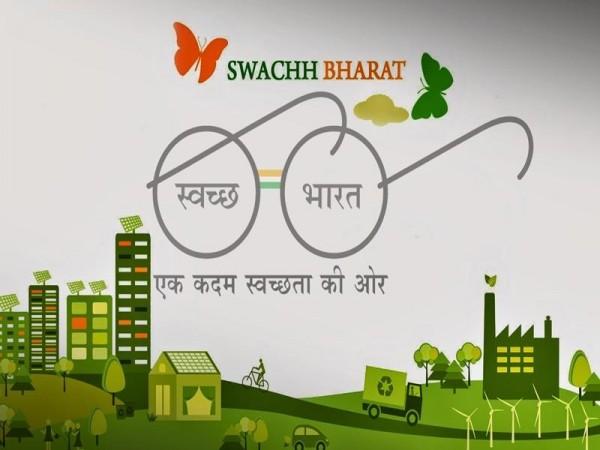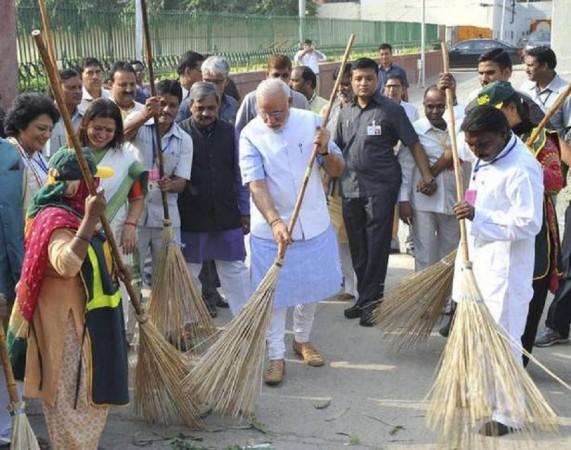
The Swachh Bharat Mission, an initiative that has changed the sanitation game of India, celebrated its 10th anniversary on October 2, 2024. The initiative has been instrumental in mobilizing communities towards a cleaner and healthier nation, and its achievements have been recognized and lauded by global leaders and organizations.
Tedros Adhanom Ghebreyesus, Director-General of the World Health Organisation (WHO), commended the efforts of the Indian government and Prime Minister Narendra Modi on this occasion. He emphasized the significant strides made in achieving sustainable development goals through this transformative initiative. The WHO Director-General, introducing himself affectionately as "Tulsi Bhai", remarked, "I am honoured to help you celebrate the tenth anniversary of the Swachh Bharat Mission, it shows how strong political commitment can drive transformative change toward Sustainable Development Goals (SDG)."
The Swachh Bharat Mission, with its focus on equity, local engagement, accountability and sustainability, has prioritized basic sanitation in rural and underserved areas. It has mobilized local leaders and used data to track progress, thereby making significant strides towards achieving the Sustainable Development Goals (SDGs). The 10th anniversary of the Swachh Bharat Mission coincided with Gandhi Jayanti, the birth anniversary of Mahatma Gandhi, a global beacon of peace and non-violence. Gandhi's philosophy of Satyagraha and non-violent resistance remains one of the most potent forces for change in modern history. His belief in the power of non-violence to confront oppression continues to inspire movements around the world. The International Day of Non-Violence, celebrated annually on October 2, serves as a global reminder of Mahatma Gandhi's enduring philosophy of peace and non-violence.

Prime Minister Narendra Modi, on this day, undertook cleanliness activities with young friends and urged the nation to contribute to the cleanliness drive. He shared a video on social media platforms, marking the completion of 10 years of the Swachh Bharat Mission. He also paid tribute to Mahatma Gandhi, stating, "His life and ideals based on truth, harmony and equality will always remain an inspiration for the countrymen." The Swachh Bharat Mission has had a profound impact on public health in India. Evidence suggests that district level toilet coverage of 30% and above has led to a reduction in Infant Mortality Rate (IMR) by 5.3 points and Under-5 Mortality Rate (U5MR) by 6.8 points per thousand live births. It is estimated that the mission has contributed to averting 60,000 to 70,000 infant deaths annually by improving sanitation.
The success of the Swachh Bharat Mission is indeed a matter of pride for every Indian. It has not only improved the sanitation and hygiene conditions in the country but also saved lives and contributed to the overall development of the nation. The mission has also played a crucial role in changing the stereotype of India being a filthy country, as it has significantly improved the cleanliness and hygiene conditions in the country.
The Swachh Bharat Mission is now moving towards the next phase, ODF-Plus, which aims to sustain the open defecation free status and improve the management of solid and liquid waste. The mission's success is a testament to the power of collective action and strong political commitment, and it serves as a model for other countries striving to achieve similar goals. The mission, inspired by the ideals of Mahatma Gandhi and driven by the vision of Prime Minister Narendra Modi, has transformed the sanitation landscape of the country and improved the lives of millions of Indians. As the mission enters its next phase, it continues to inspire and motivate individuals and communities to work towards a cleaner and healthier India.














